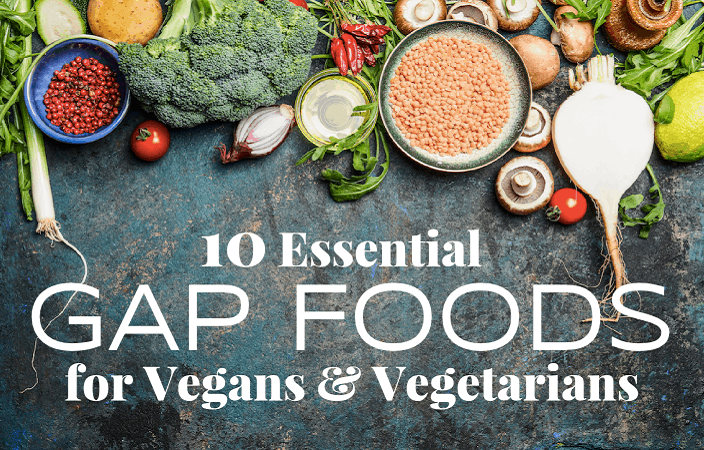
Many times, epidemiologists, who are statisticians, not micro-biologists or even dieticians, design studies that are destined to fail. And regrettably, these poorly designed studies are often the basis for our dietary decisions.
Take this example. Let’s take a population of people (called a “cohort” in epidemiology jargon) that are Chinese women. From this group of 100,000 women we exclude any that smoke or have any risk factors that might otherwise correlate with weight gain and obesity. If we had a lick of sense, we’d also exclude anyone that ate rice.
But, of course, if we did that, we’d have no one left in our Chinese cohort to crunch data on. Our hypothesis, since we’re a vegan-friendly bunch of epidemiologists (another confounding variable called “bias”) is that eating pork belly is associated with weight gain.
I’m going to let you in on a little secret about metabolism that the number-crunching epidemiologists apparently don’t know about. There’s something called the Randle cycle that’s a metabolic phenomenon that states (and I’m grossly oversimplifying this for the sake of brevity) that if you eat foods high in carbohydrates, like rice, for example, and combine it with lots of foods high in fat, like pork belly, for example, you’re going to get plump and jolly.
Now if we design a study of Chinese women, control all the likely variables, and then divide all those Chinese women into two groups, those that eat pork belly and those that don’t, which group do you think will gain more weight and have the negative consequences that accompany weight-gain?
That’s right, since almost all Chinese women eat several bowls of rice each day, a base diet very high in carbohydrates, when the other part of the diet is higher in fatty pork belly that group will gain more weight and will experience all the negative health implications that implies.
The conclusion that the epidemiologist draws from the poorly constructed study is that consumption of pork correlates with weight gain. But as you can see, that’s only true if you’re a Chinese woman that eats an inordinate amount of rice in your diet. The conclusion could just as easily be drawn, that eating four bowls of rice per day is dangerous, which, which in fact, has been shown to be true in well-constructed studies.
So, the underlying diet, is the first of an almost countless array of confounding variables that make epidemiology a horrible way of determining which foods we should eat. Although here, at THIS COOL WEBSITE, we pay lip-service to the better epidemiological studies when we recommend a dietary course of action, we would never recommend consuming or omitting a food from your diet without substantial corroboration by well-crafted interventional studies.
By the way, we’re not condemning all epidemiology. In fact, the best and most reliable nutritional research involves a combination of both epidemiological studies that show the relation between blood biomarkers and mortality and disease combined with randomized controlled human trials that show the effect of dietary patterns on these biomarkers. You can learn more about this reliable form of research in our article, The Marriage of Epidemiology and Science: Nutrition Studies that Work.

